Can Headaches Cause Dizziness?
Table of Contents
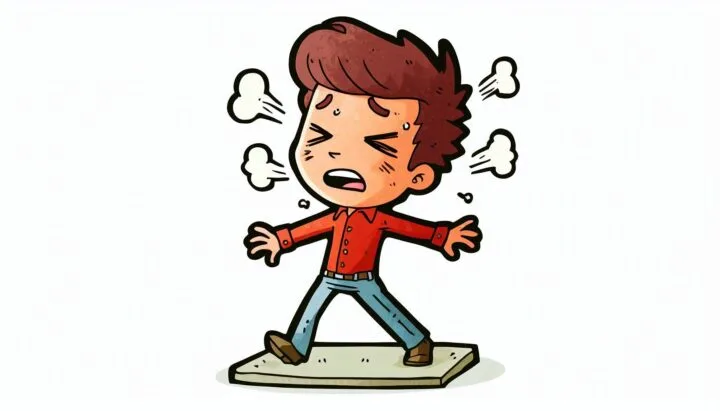
Have you ever experienced a headache and noticed that you also felt dizzy? You’re not alone. Many people who suffer from headaches report feeling dizzy as well. In this article, we will explore the question: “Can headaches cause dizziness?” We will discuss the connection between the two, the different types of headaches that can lead to dizziness, and practical tips for managing both conditions. Whether you experience these symptoms occasionally or frequently, this guide will provide you with valuable information to help you feel better.
The Connection Between Headaches and Dizziness
So, can headaches really cause dizziness? The answer is yes, and it’s important to understand how these two symptoms are linked.
Types of Headaches That Can Cause Dizziness
Not all headaches lead to dizziness, but certain types are more likely to do so:
1. Migraines
Migraines are intense headaches that can cause severe pain, often on one side of the head. They can also lead to dizziness or a spinning sensation.
2. Tension Headaches
These headaches feel like a tight band around the head and can cause discomfort in the neck and shoulders, which may lead to feelings of dizziness.
3. Cervicogenic Headaches
These headaches start in the neck but can cause pain that spreads to the head. They are often accompanied by dizziness due to the close connection between the neck and balance.
How Headaches Can Lead to Dizziness
Understanding how headaches can cause dizziness involves looking at what happens in the body:
1. Nerve Connections
The nerves in your head and neck are closely connected. When you have a headache, these nerves can become sensitive, leading to dizziness.
2. Muscle Tension
When you have a headache, you may unconsciously tense your neck and shoulder muscles. This tension can contribute to feelings of dizziness.
3. Blood Flow Changes
Headaches can affect blood flow in the brain, which may also lead to dizziness.
Recognizing Headache-Related Dizziness
How can you tell if your dizziness is related to a headache? Here are some signs to look for:
- Dizziness that occurs before or during a headache
- Feeling unsteady or off-balance along with headache pain
- Dizziness that improves as the headache goes away
- Increased sensitivity to light or sound during a headache
If you notice these symptoms, it may be time to talk to a healthcare provider.
Managing Headache-Related Dizziness: Tips for Relief
Now that we understand the connection, let’s discuss some ways to manage headache-related dizziness:
1. Over-the-Counter Pain Relief
For mild headaches, over-the-counter medications like ibuprofen or acetaminophen can help relieve pain and reduce associated dizziness.
2. Stay Hydrated
Dehydration can lead to both headaches and dizziness. Make sure you drink plenty of water throughout the day.
3. Gentle Neck Stretches
Doing simple neck stretches can help relieve tension and reduce both headache and dizziness symptoms.
4. Rest in a Quiet, Dark Room
If you feel a headache coming on, resting in a quiet, dark room can help ease the pain and reduce dizziness.
5. Talk to Your Doctor
If you frequently experience headaches and dizziness, it’s important to consult a healthcare provider. They can help determine the underlying cause and recommend appropriate treatment.
Preventing Headache-Related Dizziness
While managing symptoms is important, prevention is even better. Here are some tips to help reduce the frequency of headaches and dizziness:
- Maintain Good Posture: Proper posture can help prevent neck strain and tension headaches.
- Manage Stress: Techniques like deep breathing, meditation, or yoga can help reduce stress, which is a common trigger for headaches.
- Get Regular Exercise: Physical activity can improve overall health and reduce the likelihood of headaches.
- Establish a Sleep Routine: Aim for 7-9 hours of quality sleep each night to help prevent headaches.
- Limit Caffeine and Alcohol: Both substances can trigger headaches in some individuals, so moderation is key.
When to Seek Professional Help
While many headaches and dizziness can be managed at home, there are times when you should seek medical advice:
- If your symptoms are severe or worsening
- If you experience sudden, intense headaches
- If dizziness is accompanied by other concerning symptoms, such as confusion or difficulty speaking
- If your headaches interfere significantly with your daily life
Consulting a healthcare provider can help you get a proper diagnosis and treatment plan tailored to your needs.
Conclusion
In summary, headaches can indeed cause dizziness, and understanding this connection is crucial for effective management. By recognizing the types of headaches that lead to dizziness, identifying symptoms, and implementing effective relief strategies, you can take meaningful steps toward improving your overall well-being.
Remember, everyone’s experience with headaches and dizziness is unique. What works for one person may not work for another, so don’t hesitate to explore different approaches to find what helps you most. Be proactive in seeking help and making lifestyle changes that support your health.
If you’re ready to take control of your headaches and dizziness, start by implementing some of the strategies discussed in this article. And if your symptoms persist, reach out to a healthcare provider for support. Your journey to feeling better begins now!
FAQs
- Can stress cause both headaches and dizziness?
Yes, stress can trigger both headaches and dizziness. It can lead to tension headaches and may also affect your balance. - How can I tell if my dizziness is from a headache or something else?
Headache-related dizziness usually occurs alongside headache pain. If you have persistent dizziness without headaches, consult a healthcare provider. - Are there natural remedies for headache-related dizziness?
Some people find relief with natural remedies like ginger tea for nausea or peppermint for headache pain. Always check with your doctor before trying new treatments. - Can dehydration cause both headaches and dizziness?
Yes, dehydration can lead to both headaches and dizziness. Staying hydrated is essential for preventing these symptoms. - Is it safe to drive if I’m experiencing headache-related dizziness?
It’s generally not safe to drive when experiencing dizziness. If you’re prone to sudden dizziness, consider alternative transportation options until you feel better.
Author Bio:
Dr. Emily Chen, MD, is a board-certified neurologist specializing in headache disorders. With over 15 years of experience treating patients with migraines and related conditions, she has published numerous articles on the topic in peer-reviewed journals. Dr. Chen is dedicated to educating patients about the complexities of headache symptoms and helping them find effective management strategies for improved quality of life.
References:
- National Headache Foundation. (2023). Headache and Dizziness: Understanding the Connection. Retrieved from https://headaches.org/2023/01/15/headache-and-dizziness-understanding-the-connection/
- Mayo Clinic. (2023). Migraines: Symptoms and Causes. Retrieved from https://www.mayoclinic.org/diseases-conditions/migraine-headache/symptoms-causes/syc-20348415
- Cleveland Clinic. (2023). Tension Headaches: Causes, Symptoms, and Treatment. Retrieved from https://my.clevelandclinic.org/health/diseases/9446-tension-headaches
- WebMD. (2023). Understanding Dizziness and Balance Problems. Retrieved from https://www.webmd.com/brain/understanding-dizziness-and-balance-problems


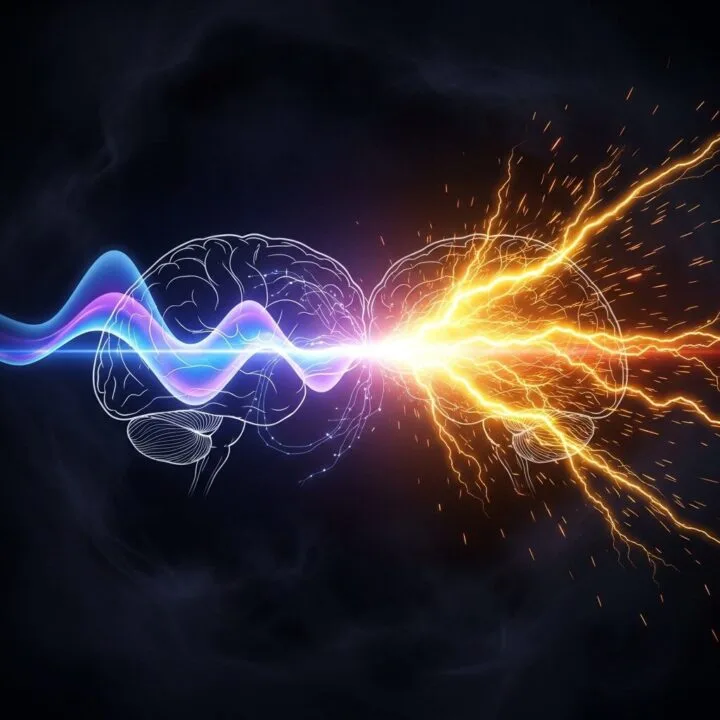

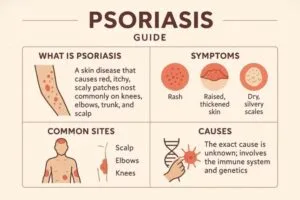
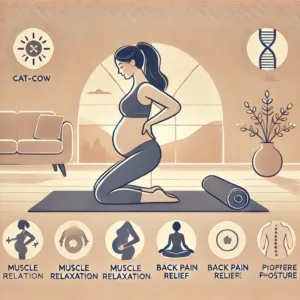



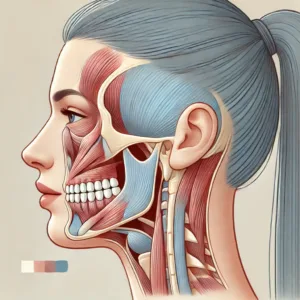




Post Comment